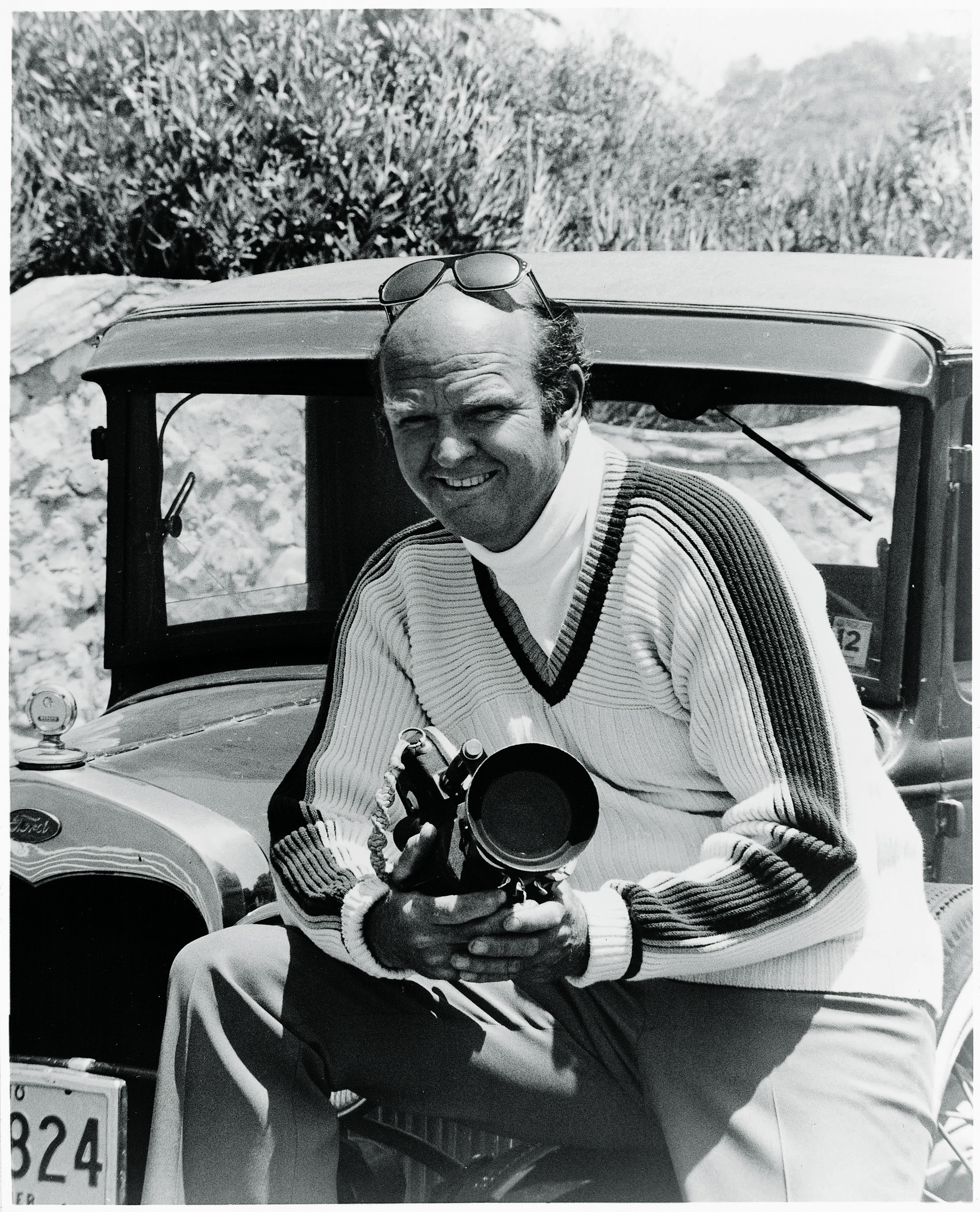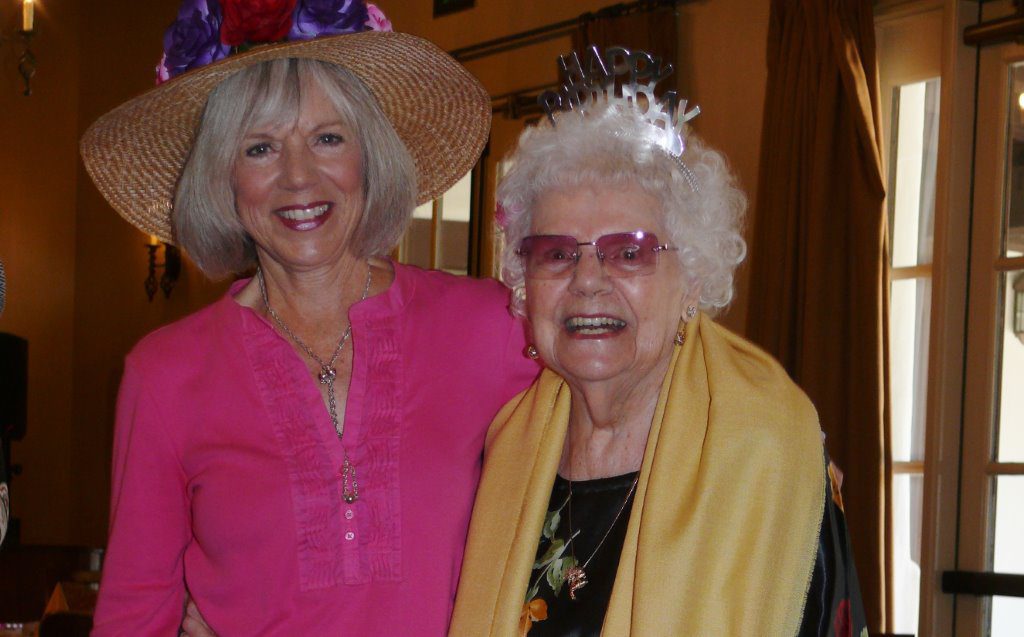Staff report
Fellowship-trained breast surgeon Dr. Katrina Mitchell is joining forces with University of Massachusetts cancer researchers on a study that will examine breast milk from nursing women who have a pathogenic BRCA1 or BRCA2 genetic mutation.
“It is an honor to participate in such groundbreaking research with this team,” explains Mitchell. “Breast milk is a fascinating biospecimen with potential to change our approach to the early detection of breast cancer.”
In addition to recruiting participants, Mitchell will act as a clinical consultant and assist in manuscript writing.
Mitchell has a special interest in breastfeeding medicine. In addition to her breast surgical oncological fellowship training at MD Anderson Cancer Center, she is a board-certified lactation consultant and lectures nationally and internationally on topics related to lactation and breast cancer.
Women who have these genetic mutations face a significant risk, even at a young age of breast and ovarian cancer. No fully effective breast cancer screening method currently exists for nursing mothers in this high-risk group.
New mothers and to a greater extent those with a BRCA mutation, also face an increased risk of pregnancy-associated breast cancer (PABC), which can be aggressive for about a decade postpartum.
“Breast milk essentially provides a liquid biopsy of the entire breast,” said lead researcher Kathleen Arcaro from the UMass Breastmilk Lab . “We hope to better understand breast tumor development and progression in these at-risk women.”
Through the examination of breast milk cells, the hope is to uncover profiles that may identify risk of breast disease. The research team hopes to ultimately develop a new, noninvasive test that would use women’s breast milk to detect breast cancer in its earliest stages.
The study is recruiting participants from across the U.S. through social media and with the help of breast surgeons and lactation specialists like Mitchell. Women will provide breast milk and saliva samples, and their BRCA test results. They’ll need to complete a health questionnaire and agree to annual, long-term follow-up. A control group with neither a BRCA mutation nor multiple close relatives with breast cancer is also being recruited. The research is supported by a grant from the Department of Defense’s Breast Cancer Research Program.





